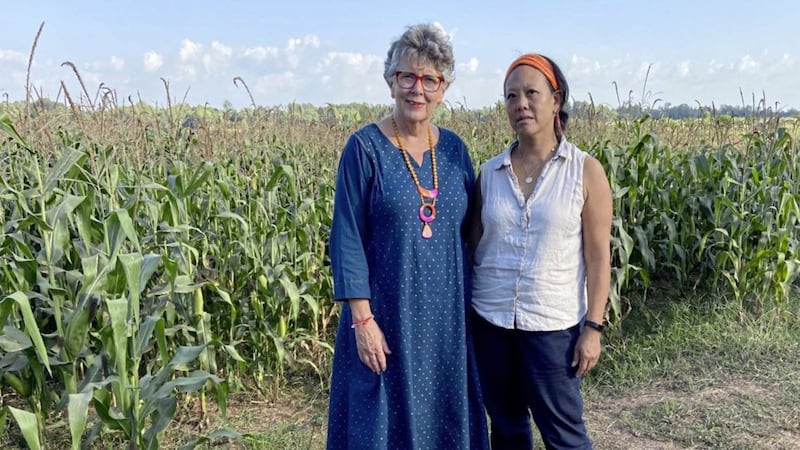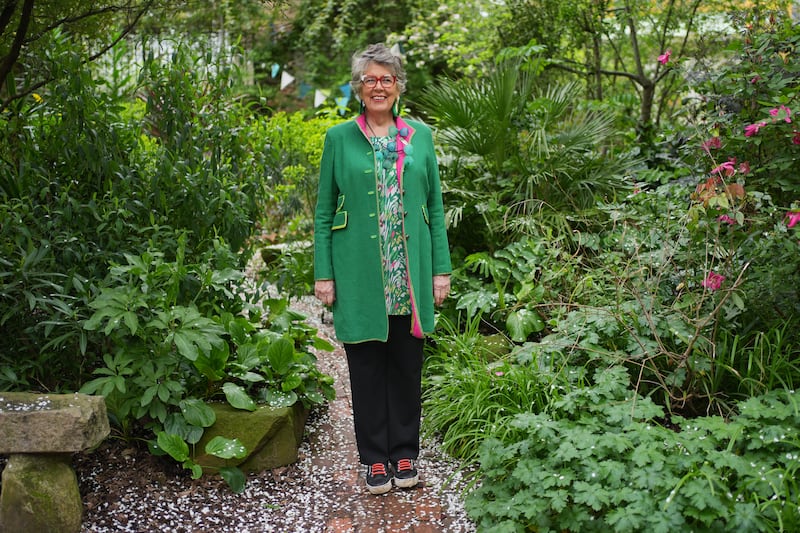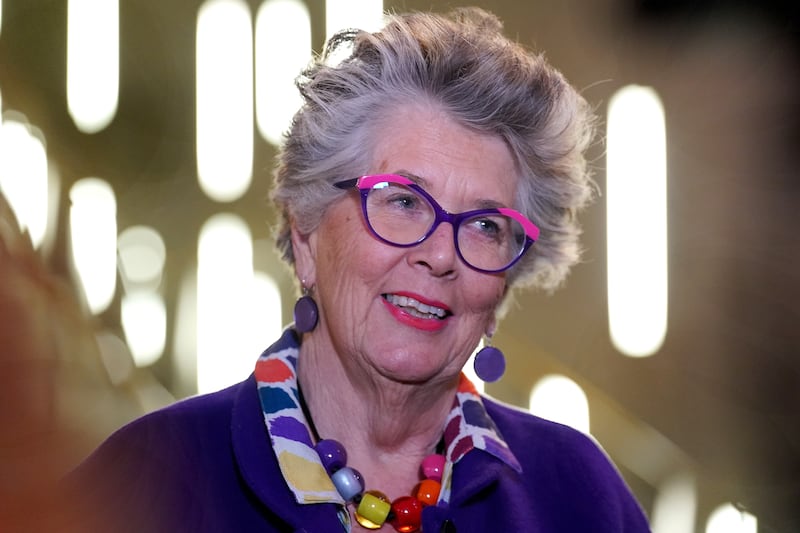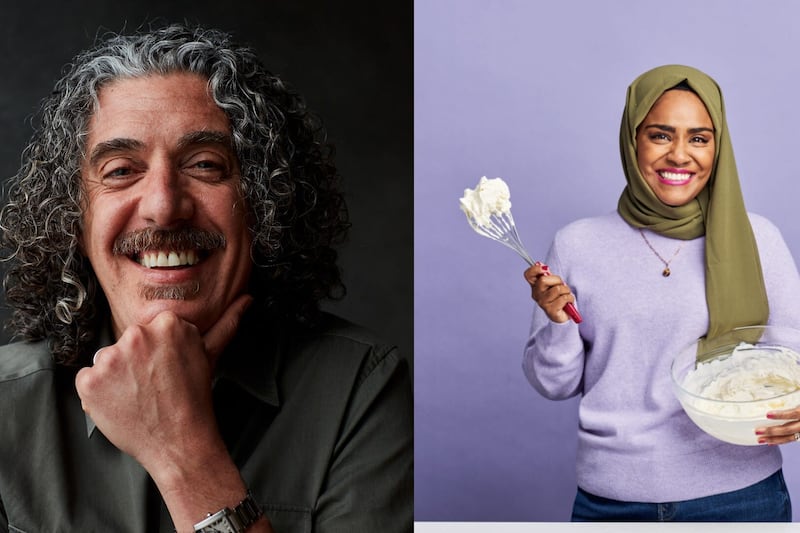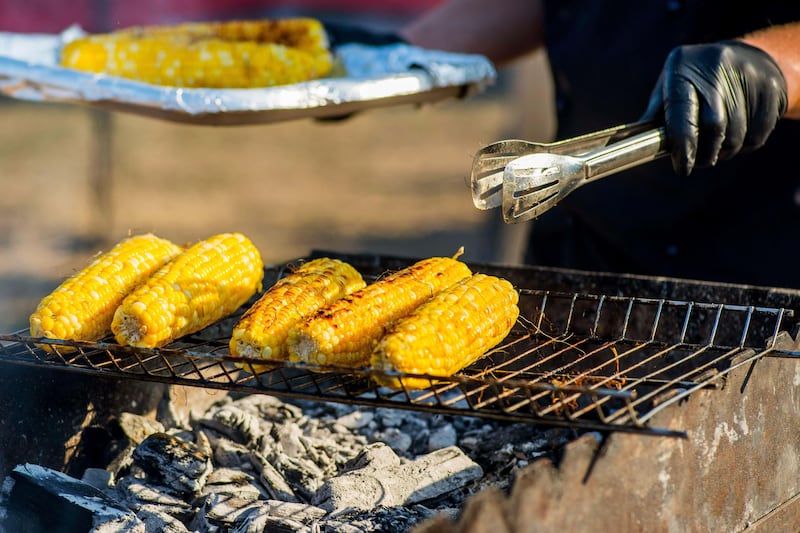Prue Leith - Journey With My Daughter, Channel 4, Tuesday at 9pm
A US pilot who flew one of the last planes out of Phnom Penh in 1975 before the Khmer Rouge captured the capital of Cambodia had no doubt about it.
He looked Li-Da in the eye and pointed a finger directly at her to emphasise his point.
"One hundred per cent of babies left behind died," he said. "Thank your mother, imagine what it was like to give up a baby."
Li-Da Kruger, now 45, was sitting in Phnom Penh with her adoptive mother, Bake Off's Prue Leith, trying to see if any of her family was still alive.
It was unlikely. The communist Khmer Rouge, which ruled until 1979, emptied the cities and directly or indirectly killed two million people, a quarter of Cambodia's population.
In their bizarre attempts to return to 'Year Zero' the new state also destroyed all its records.
Li-Da had been to Cambodia before, but this she saw as the last attempt, with her 80-year-old mother still able to travel, to try and find a living blood relative.
She had left the country as an ill one year old, helped by a French refugee agency. The only story Prue had about Li-Da's mother was that she had been killed in a rocket attack on a hospital. Her father, a wounded government soldier, had carried the young girl until he collapsed.
However, they had no idea if this was really true.
It's part of the make-up of television that while the central character of this story is Li-Da, the programme is really about Prue Leith because of her fame in Bake Off.
She hasn't quite gained the audience love of her predecessor Mary Berry, but Leith is an interesting character. She grew up in apartheid South Africa and moved to London in 1960 to begin a career in food. By the age of 29 she had her own Michelin starred restaurant and went on to develop an events company and a number of catering colleges. Later in life she turned to journalism, wrote novels and began presenting television programmes.
In the midst of all of this success, she agreed with her husband, who was twenty years older than her when they married and already had grown up children, that they would have one child together and adopt another.
Li-Da had an idyllic childhood in the Cotswolds home of this well to do family. Video footage showed her at the beach, in the garden of the huge house and riding horses.
But there was also a natural yearning to find her birth mother.
A local fixer had little to work with but brought them to meet a record keeper in the area outside Phnom Penh where she was born. He had no helpful documents but he did have some personal insights, saying his mother had given up her cousin's daughter for adoption around that time in this area. The infant's mother was blind and the family were unable to take care of her.
An emotional Li-Da looked hopefully at him and the translater. "Is the mother of the baby, is she still alive?"
She was and the television cameras followed to the house opposite a temple.
There they met the elderly woman who, surrounded by her children, explained what had happened. A picture of her deceased husband was taken down from the wall and all agreed there was a similarity with Li-Da.
A DNA test was ordered and Prue and Li-Da waited in their hotel bedroom for the phone to ring. It was bad news. The Cambodia genocide would not give up its secrets.
